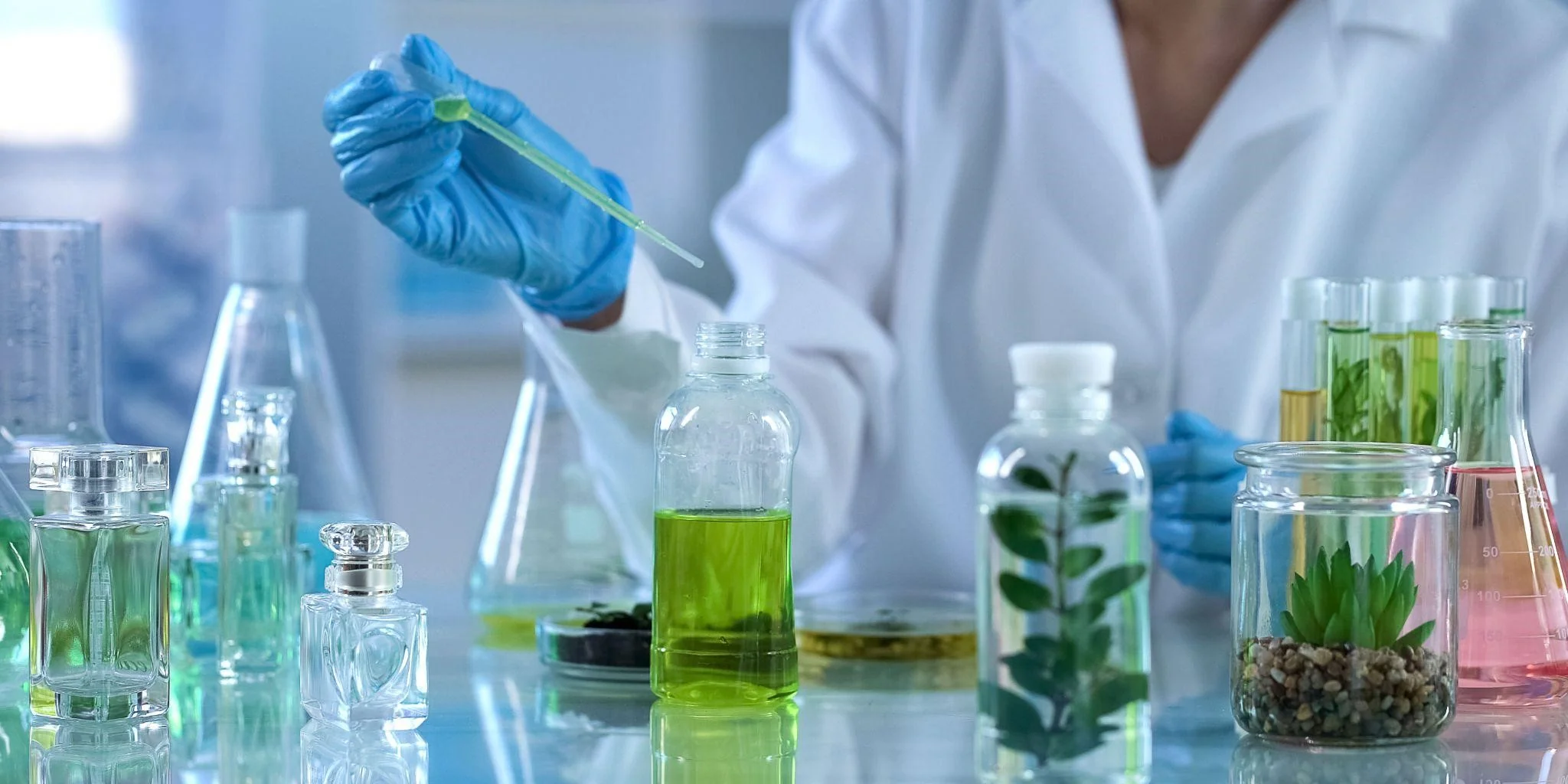Perfume is an integral part of our daily lives, serving as a means of self-expression, a mood booster, and even a way to evoke memories. But have you ever wondered how perfume is made? The process of creating fragrance is a delicate balance of art and science, requiring expertise, creativity, and attention to detail. In this article, we will delve into the fascinating world of perfume making and explore the steps involved in creating these alluring scents.
The Ingredients
Perfume is a blend of essential oils, aroma compounds, fixatives, and solvents. Essential oils are extracted from plants, flowers, fruits, and spices, while aroma compounds are individual molecules that provide specific fragrances. Fixatives are used to stabilize the scent and prevent it from fading too quickly. Solvents, such as ethanol or propylene glycol, are used to blend the ingredients and create the perfume.
The Creation Process
The creation of perfume involves several stages:
- Inspiration: Perfumers draw inspiration from nature, emotions, and experiences to conceptualize a fragrance. They may choose to create a scent that evokes a specific memory or mood, or one that complements a particular season or occasion.
- Formulation: Perfumers select and blend essential oils, aroma compounds, and fixatives to create a fragrance formula. This process requires a deep understanding of fragrance chemistry and the properties of each ingredient.
- Blending: The ingredients are carefully blended together in specific proportions. Perfumers use their expertise and creativity to balance the different notes and create a harmonious fragrance.
- Aging: The perfume is left to mature for a few days or weeks to allow the different notes to harmonize. This process allows the fragrance to settle and the different ingredients to meld together.
- Filtering: The perfume is filtered to remove any impurities or sediment. This ensures that the final product is clear and free of any unwanted particles.
- Filling: The perfume is filled into bottles or other containers. Perfumers must carefully select the right packaging to complement the fragrance and protect it from light and air.
- Quality Control: The perfume is tested for quality and consistency. Perfumers must ensure that the final product meets their high standards and is free of any defects or imperfections.
The Art of Perfumery
Perfumery is an art form that requires a deep understanding of fragrance chemistry, a keen sense of smell, and creativity. Perfumers must balance top notes, middle notes, and base notes to create a harmonious fragrance. Top notes provide the initial scent, middle notes add depth, and base notes provide longevity.
Perfumers must also consider the different fragrance families and the emotions they evoke. Floral scents, for example, are often associated with femininity and elegance, while oriental scents are often associated with luxury and sophistication.
The Science of Perfumery
Perfumery is also a science that involves understanding the chemical properties of fragrance molecules. Perfumers must consider factors such as volatility, solubility, and stability to create a perfume that lasts and smells good. The same applies to creating luxury car fragrance perfume.
They must also understand the different extraction methods and the properties of each essential oil. Steam distillation, solvent extraction, and cold pressing are just a few of the methods used to extract essential oils from plants and flowers.
The History of Perfume
Perfume has a rich history that dates back thousands of years. The ancient Egyptians, for example, used perfume for religious and ceremonial purposes. They believed that perfume had the power to communicate with the gods and to ensure a safe passage to the afterlife.
In ancient Greece and Rome, perfume was used for personal hygiene and as a status symbol. The wealthy and powerful used expensive and exotic fragrances to show off their wealth and status.
Conclusion
Perfume making is a complex process that requires both artistry and scientific expertise. From inspiration to formulation, blending to aging, the creation of perfume is a delicate process that demands attention to detail and a passion for fragrance. Whether you prefer floral, oriental, or citrus scents, perfume has the power to evoke emotions, create memories, and make us feel beautiful.
Perfume is a universal language that transcends cultures and borders. It has the power to unite us and to bring us joy and happiness. So next time you apply your favorite perfume, remember the art and science that went into creating it, and the emotions and memories it evokes.
Keep an eye for more news & updates on Gossips!




